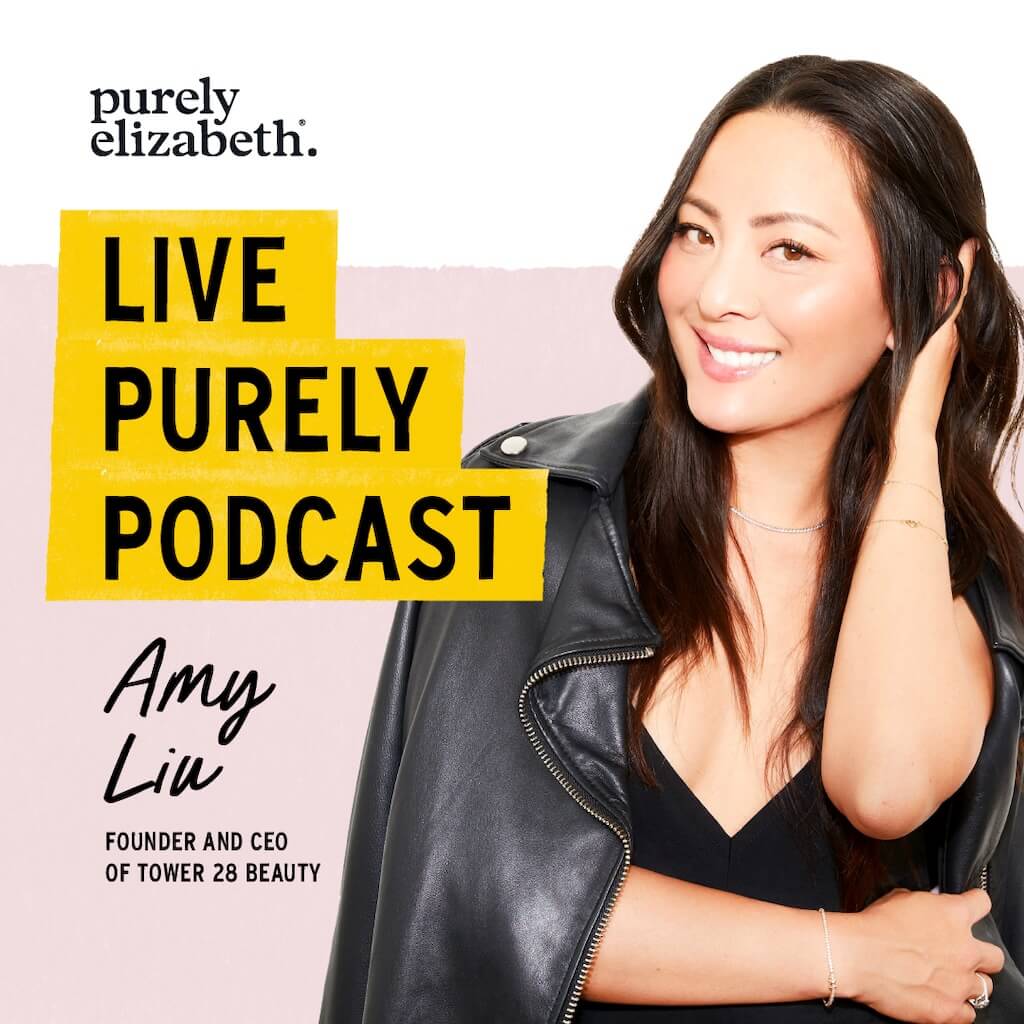It’s all about good, clean, fun this week as Elizabeth welcomes Amy Liu, Founder and CEO of Tower 28, a fast growing make up and skin care company that is also 100% clean, vegan and dermatologist/allergist tested. Amy first shares how her experience at huge brands in the beauty industry like L’Oreal and Smashbox shaped her as a founder today. She talks about how she got the confidence at 40 years old to launch Tower 28, with some help from great friends and a strong team along the way. Amy touches upon a few of the viral moments that made Tower 28’s products like their lip oils and SOS sprays popular, her “we’ve made it” moment of getting in Sephora, her own struggle with eczema and how Tower 28 products have helped her heal, and what makes Tower 28’s mission and ingredients stand out in world of beauty.
Discount Code: Enter Code "LivePurely15" for 15% off Tower 28



